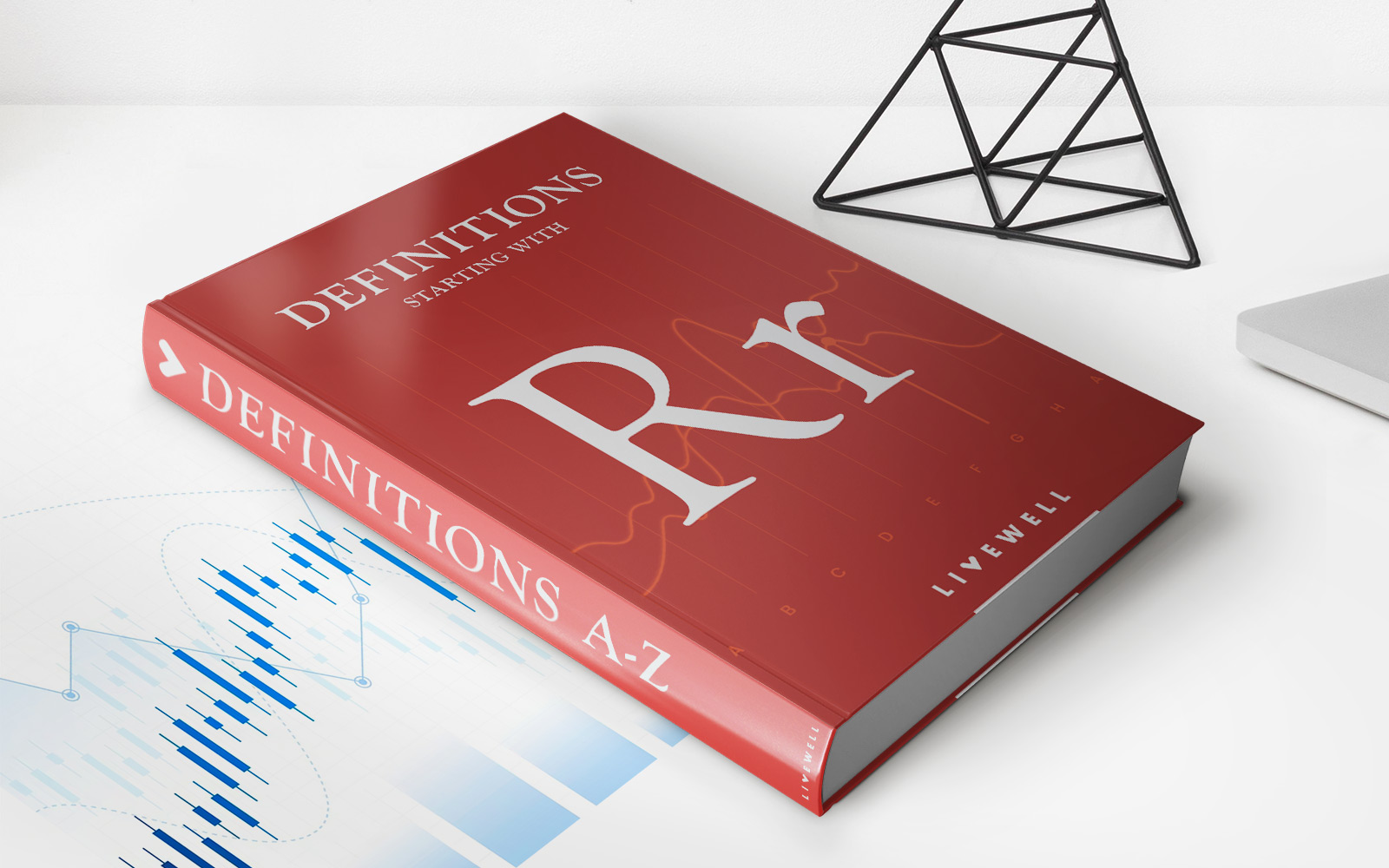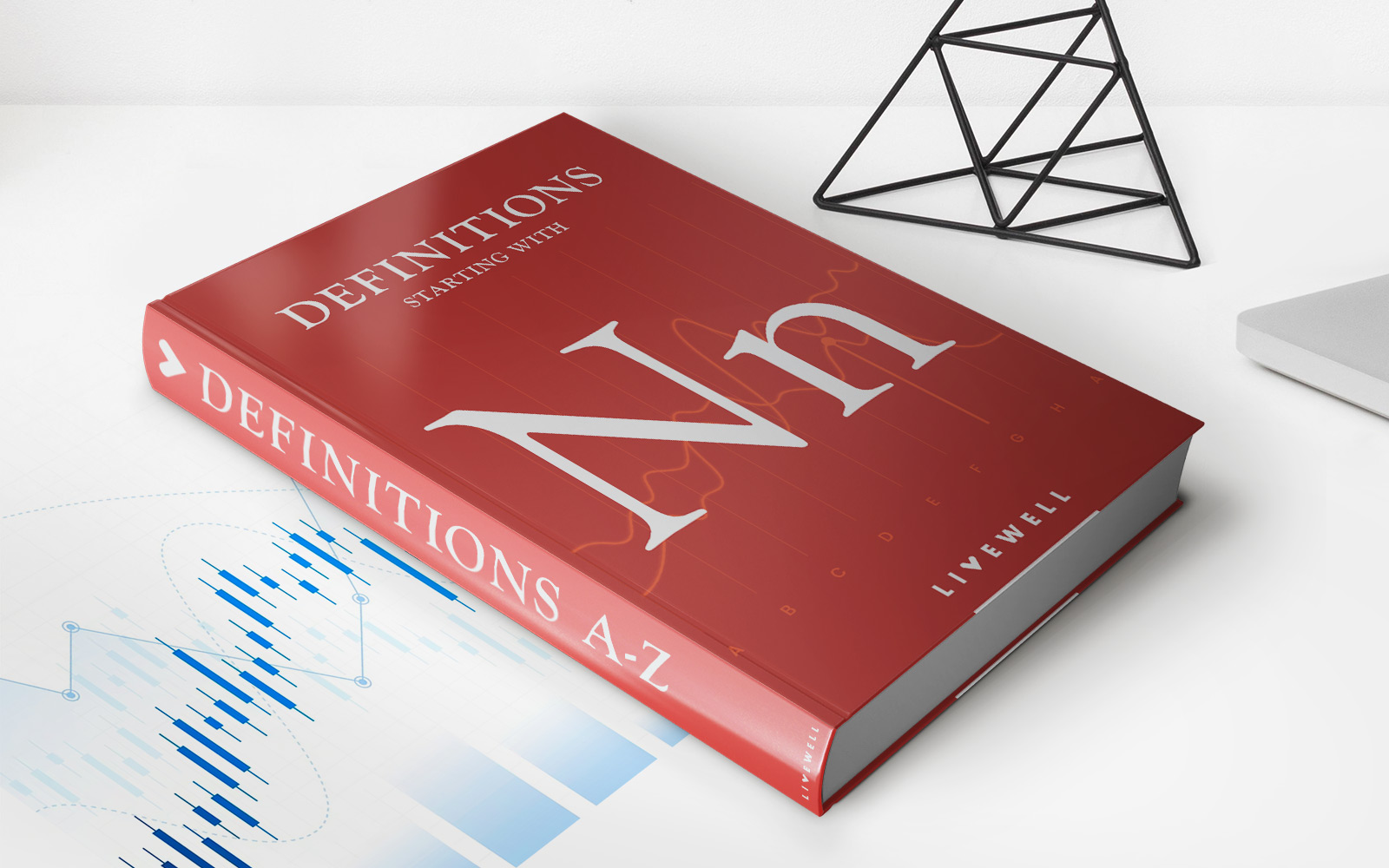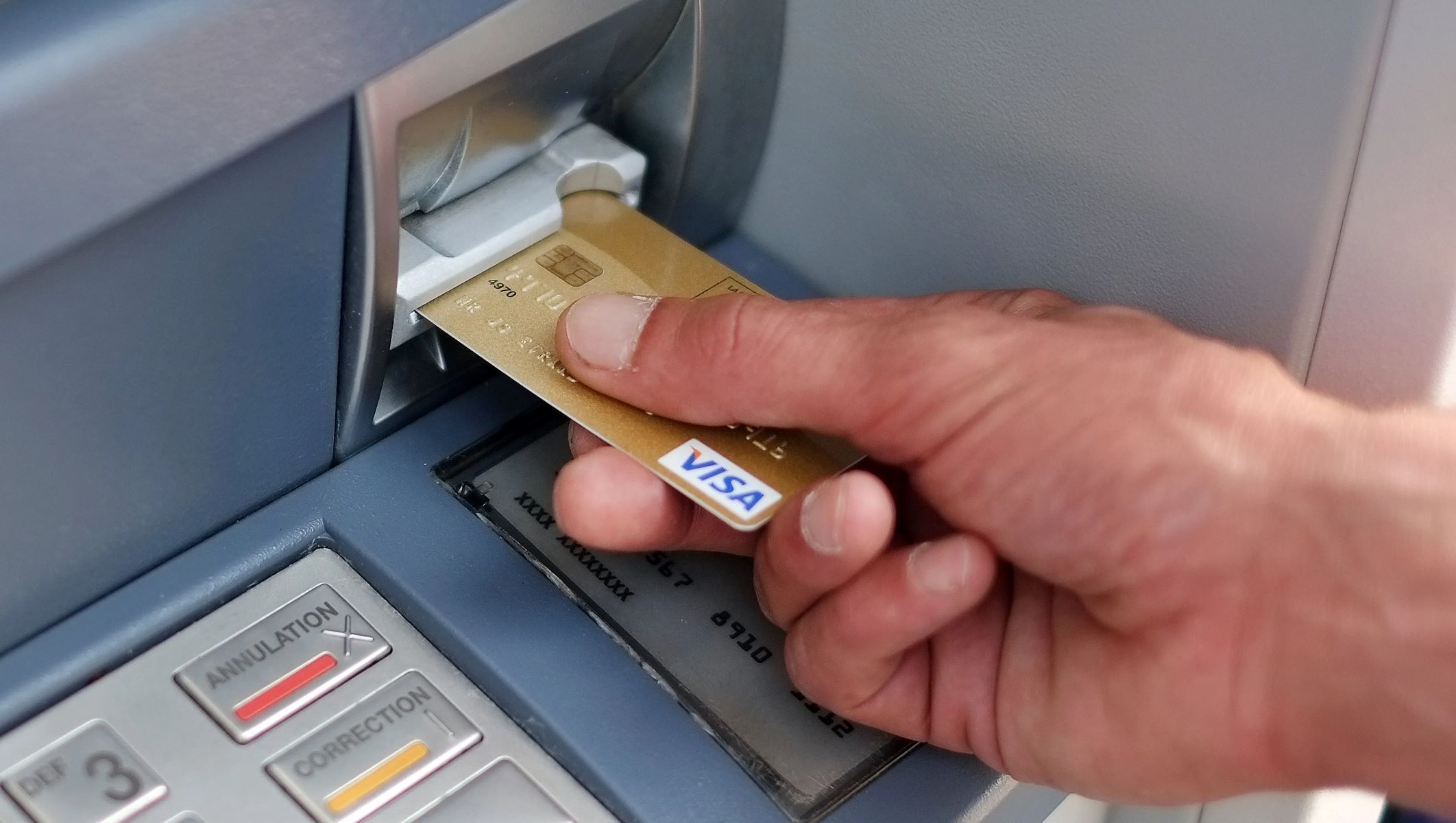

Finance
Dealer Bank Definition
Published: November 8, 2023
Learn the definition of dealer bank in the world of finance and how it plays a crucial role in the financial market. Find out more about dealer bank services and functions.
(Many of the links in this article redirect to a specific reviewed product. Your purchase of these products through affiliate links helps to generate commission for LiveWell, at no extra cost. Learn more)
Understanding Dealer Bank: Definition, Functions, and Role in Finance
Gaining financial literacy is essential for individuals and businesses alike. As part of our ongoing mission to empower our readers with comprehensive knowledge, our FINANCE category dives into various aspects of the financial world. In this blog post, we’ll explore the concept of a dealer bank, its definition, functions, and its crucial role in the finance industry. If you’ve ever wondered about the role of dealer banks and how they operate, keep reading to find out!
Key Takeaways:
- Dealer banks play a critical role in providing liquidity and facilitating financial transactions.
- Dealer banks may participate in activities such as underwriting, market-making, and offering proprietary trading services.
What is a Dealer Bank?
In essence, a dealer bank is a financial institution that acts as both a dealer and a bank. It combines the role of a traditional bank, offering various banking services, with that of a dealer, engaging in market-making activities and facilitating financial transactions. Dealer banks play a critical role in the dynamic and complex world of finance, serving as key intermediaries between buyers and sellers in financial markets.
Functions of a Dealer Bank:
Now that we understand the basic definition, let’s delve deeper into the functions of a dealer bank. Here are some of the primary roles that dealer banks fulfill:
- Market-Making: Dealer banks act as market-makers, providing liquidity to the financial markets. They buy and sell securities, such as stocks, bonds, and derivatives, to ensure a smooth flow of trading activities. By offering prices at which they are willing to both buy and sell, dealer banks ensure the continuous availability of assets for investors.
- Underwriting: When companies issue new securities, such as stocks or bonds, dealer banks engage in underwriting activities. They assess the risk associated with these securities and purchase them from the issuing company at a predetermined price. Dealer banks then distribute these securities to investors, facilitating the capital-raising process for the issuing company.
- Proprietary Trading: Dealer banks may also engage in proprietary trading, which involves buying and selling financial instruments using their own funds. This speculative activity aims to generate profits for the bank and typically involves taking risks to capitalize on market opportunities. It’s important to note that strict regulations govern proprietary trading to ensure the stability and integrity of the financial system.
- Investment Banking Services: Dealer banks offer a range of investment banking services, including advisory services for mergers and acquisitions, debt and equity financing, and initial public offerings (IPOs). These services help businesses and individuals make informed financial decisions and navigate the complexities of the capital markets.
The Role of Dealer Banks in Finance:
Dealer banks play a significant role in maintaining the overall stability and efficiency of financial markets. By actively trading and providing liquidity, they ensure that markets operate smoothly and efficiently.
Moreover, dealer banks facilitate capital formation by underwriting new issuances and connecting investors with securities. This process fuels economic growth by enabling companies to raise funds for expansion, innovation, and job creation.
Additionally, dealer banks support price discovery by continuously buying and selling securities. Their participation in the market helps determine fair prices based on supply and demand dynamics.
In conclusion:
Dealer banks are central to the functioning of the finance industry, contributing to market liquidity, underwriting securities, engaging in proprietary trading, and providing investment banking services. Their multifaceted roles make them crucial intermediaries in financial transactions, enabling businesses and individuals to access the capital they need to thrive.
We hope that this blog post has shed light on the definition and importance of dealer banks in finance. Understanding their functions and roles can help you grasp the intricate workings of the financial world and make more informed decisions.














